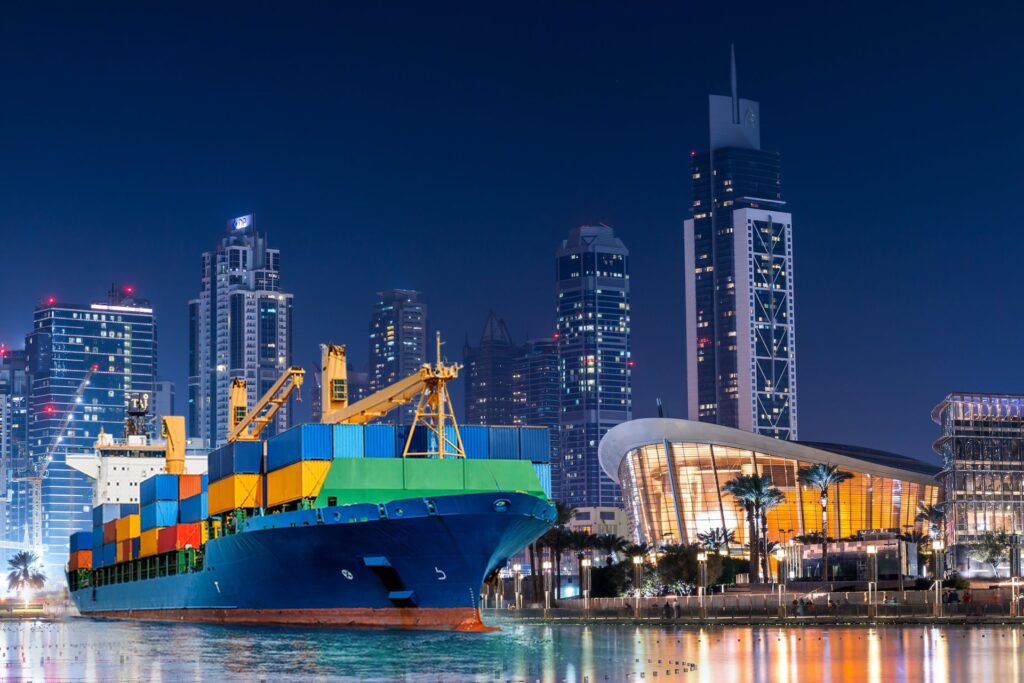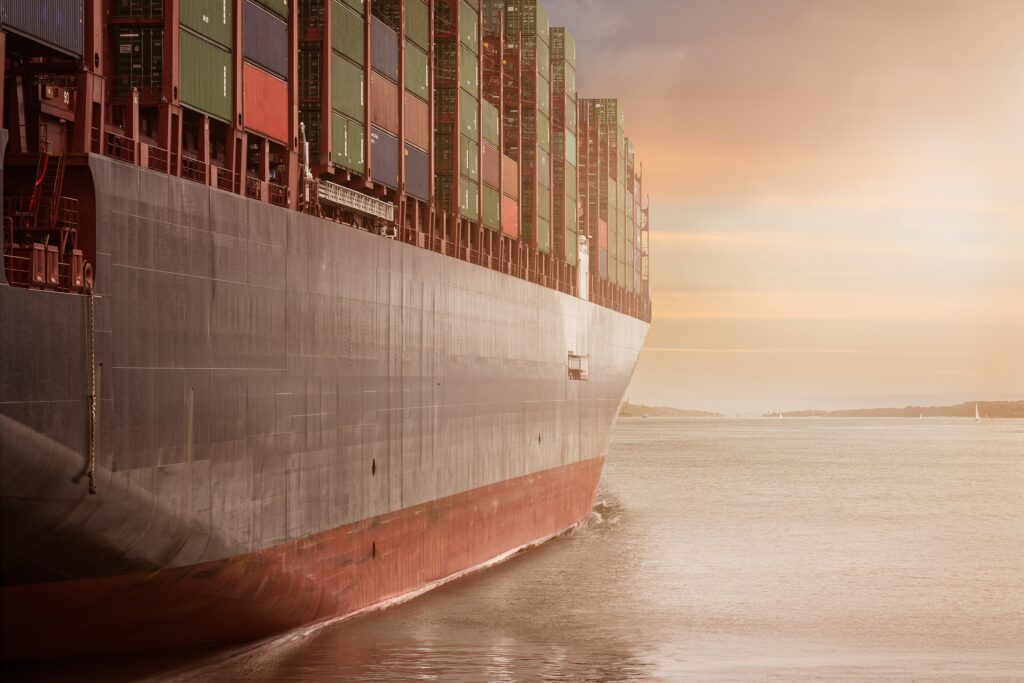Dubai Maritime Authority’s Transparency Revolution

Dubai Maritime Authority’s Transparency Revolution
How Sea Container Charges Reformation is Disrupting the Supply Chain?
Dubai, celebrated for its leading-edge stance on innovation and trade, is embarking on a transformative journey to overhaul the maritime sector. The “Dubai Maritime Authority’s Transparency Revolution” is encapsulated by the introduction of Administrative Decision No. 2 of 2023 for Transparency of Local Sea Container Charges. Through this, the Dubai Maritime Authority is cementing the groundwork for heightened transparency and equity in the maritime realm. While the decision has its primary focus on regional application, its ripples could profoundly influence the global supply chain sector. Let’s delve deeper into how this transparency revolution might redefine the contours of the supply chain industry.
Key Elements of the Decision
- End of Freezing of Sea Container Charges: The new decision marks the conclusion of the freezing of sea container charges. This implies more dynamism and potential competitiveness in the pricing arena.
- Publication of Charges: Providers must now disclose details of their previously filed charges on their corporate websites within a month, bringing much-needed clarity to their clientele.
- Flexibility in Charge Amendments: This directive grants more operational flexibility to service providers. It’s now easier to adapt to market conditions by allowing them to file for amendments in their local charges.
- Direct Charging Mechanism: A pivotal shift in the operational procedure, service providers will now bill directly for their services. Concurrently, the local Port Operator will issue distinct invoices for their services. This breaks down costs and clarifies who charges what, simplifying processes for end-users.
- Digital Delivery Orders: Embracing digital transformation, all delivery orders will henceforth be digital, positioning Dubai as a forerunner in digital innovation.
Ensuring Transparency in the Maritime Sector
These changes come at a time when transparency is more than just a buzzword; it’s a demand from stakeholders across industries. The new decision ensures:
- Clearer Pricing Structure: With the publication of charges, clients can better anticipate costs and plan their finances. It eradicates hidden fees or sudden surcharges, fostering trust in service providers.
- Operational Flexibility: By allowing amendments in charges and introducing a direct charging mechanism, the decision reduces bureaucratic layers, making operations more efficient.
- Digital Transformation: Digital delivery orders not only streamline operations but reduce errors, and quicken processing time, crucial in a sector where timing is often everything.
The Immediate Impact on the Supply Chain
- Improved Competitiveness: With enhanced transparency, the Dubai maritime sector will attract businesses seeking clarity in operations and costs, bolstering Dubai’s position as a global trade hub.
- More Informed Decision-making: Clearer pricing structures and streamlined operations will enable businesses to make more informed decisions, optimizing their supply chain strategy.
- Increased Reliability: With the reduction of bureaucratic layers and the introduction of direct charging mechanisms, businesses can anticipate a more consistent and reliable service.
- Rapid Digital Adaptation: The global trend is moving towards digitization, and with Dubai leading the charge, businesses operating there will have an edge over competitors in terms of technological adoption.
- Predictability and Planning: The supply chain thrives on predictability. Knowing container charges in advance helps businesses plan their financial strategies and inventory management more effectively.
- Streamlined Operations: The mandatory electronic filing and digital delivery orders mean reduced paperwork. The immediate benefit? Quicker container releases, leading to faster deliveries and optimized inventory turnover.
- Cost Management: A clear understanding of charges helps businesses budget better. With the DMA’s oversight, there’s a reduced risk of arbitrary price hikes, ensuring stable operational costs.

The Broader Implications
- Increased Competition: As service providers are required to publicly declare their charges, there will be an increased impetus on competitive pricing. This transparency could lead to a price war, benefiting the end-users and businesses relying on sea freight.
- Boost to Digital Transformation: The emphasis on digital procedures, from filing charges to issuing delivery orders, could act as a catalyst for the entire supply chain sector to move towards digitization.
- Setting a Global Standard: Dubai, being a significant global port and trade hub, often sets the tone for best practices. This move could inspire other ports and nations to adopt similar transparency measures, potentially standardizing operations globally.
In summary, Dubai Maritime Authority’s Administrative Decision No. 2 of 2023 extends beyond a mere regional policy adjustment; it revolutionizes Dubai’s ambition to pioneer in maritime operations. Through initiatives that champion transparency, adaptability, and digital transformation, Dubai is carving out a gold standard for the international supply chain realm. This decision not only cultivates a competitive landscape locally but also has the potential to shape worldwide maritime benchmarks.
As globalization continues to weave nations closer, such initiatives promise uniformity, foresight, and integrity in international trade and logistics. With the landscape of the supply chain perpetually shifting, we find ourselves at the dawn of an exciting epoch, guided by Dubai’s visionary steps.